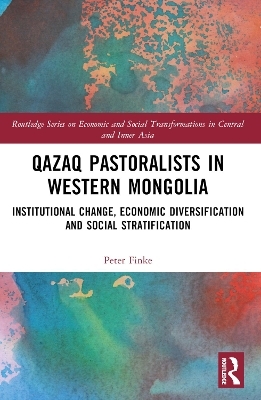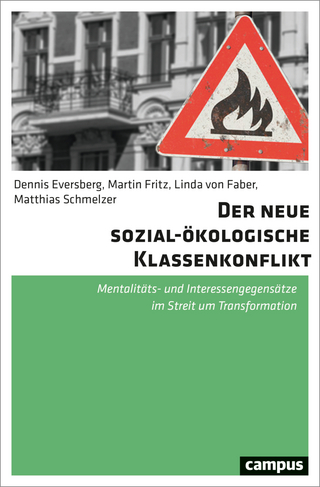
Qazaq Pastoralists in Western Mongolia
Routledge (Verlag)
978-0-367-70956-3 (ISBN)
Taking the case of Qazaq Pastoralists in Western Mongolia, this book looks at the universal human requirement to balance individual flexibility and strategies designed to make a living with the social expectations that impose particular rules of conduct but also enable mutual trust and cooperation to emerge.
Pastoralists in Western Mongolia have experienced dramatic changes in recent decades, including the dismantling of the socialist economy, a series of natural disasters, and an emigration of roughly half of the local Qazaq minority to the newly independent state of Qazaqstan. Four aspects illustrate the chances and challenges that people face. First is the emergence of the market as the dominant mode of production and exchange, a thorny way full of uncertainties. Second is the individual household and its adaptation to the new economic system, creating new opportunities as well as precarities, and resulting in rapid social stratification. Thirdly, patterns of pastoral land allocation highlight problems of collective action and institutional fragmentation in the wake of a retreating state apparatus. Finally, social networks of mutual support and cooperation constitute a key component of pastoral livelihood but are under great pressure due to short time horizons and a lack of trust.
The first longitudinal analysis of the Qazaqs in Mongolia in English and a contribution to anthropological theories on human adaptability and decision-making, economic and social inequalities, institutional change and the difficulty of deriving at cooperative solutions, this book will be a standard work and of interest to academics in the field of Central Asian Studies, Anthropology, Human Geography and Development Studies.
Peter Finke is Professor for Social Anthropology at the University of Zurich, Switzerland, and Co-director of the Centre for Anthropological Studies on Central Asia (CASCA). He has conducted field research in Mongolia, Qazaqstan, and Uzbekistan on issues of economic transformation, institutional change, transnational migration, and social identity. His recent publications include Variations on Uzbek Identity: Strategic Choices, Cognitive Schemas and Political Constraints in Identification Processes (2014).
Acknowledgment; Transliteration; Chapter 1: Systems Come and Go; Chapter 2: A Portrait of Khovd-sum; Chapter 3: Changing Regimes of Production and Exchange; Chapter 4: Making ends meet; Chapter 5: Using space and mobility; Chapter 6: Social webs and hierarchies; Chapter 7: Flexibility and adaptation in pastoral decision-making; Bibliography
| Erscheinungsdatum | 05.09.2022 |
|---|---|
| Reihe/Serie | Routledge Series on Economic and Social Transformations in Central and Inner Asia |
| Zusatzinfo | 10 Tables, black and white; 23 Halftones, black and white; 23 Illustrations, black and white |
| Verlagsort | London |
| Sprache | englisch |
| Maße | 156 x 234 mm |
| Gewicht | 471 g |
| Themenwelt | Sozialwissenschaften ► Ethnologie |
| Sozialwissenschaften ► Soziologie ► Spezielle Soziologien | |
| ISBN-10 | 0-367-70956-2 / 0367709562 |
| ISBN-13 | 978-0-367-70956-3 / 9780367709563 |
| Zustand | Neuware |
| Informationen gemäß Produktsicherheitsverordnung (GPSR) | |
| Haben Sie eine Frage zum Produkt? |
aus dem Bereich


